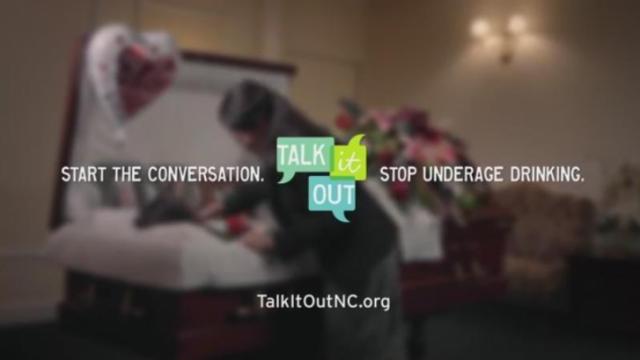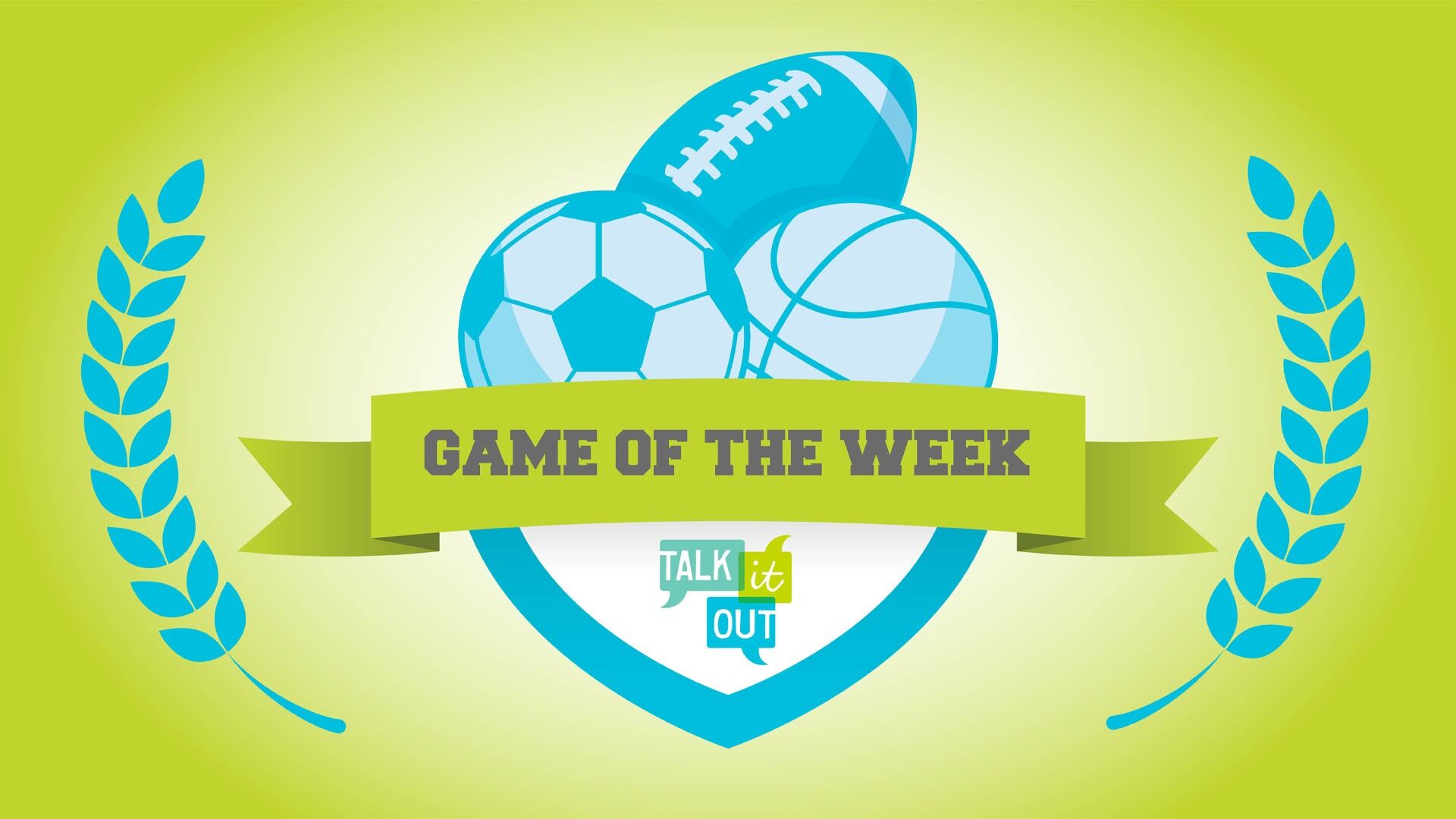Study: Conversations about underage drinking should start in middle school

WRAL
By Sarah Lindenfeld Hall
Here are some facts that every North Carolina parent needs to know:
- Nearly two-thirds of middle school and high school-aged kids in North Carolina know other kids around their age who have tried alcohol.
- The average age that most kids try alcohol for the first time is before they turn 14. In fact, more kids try alcohol for the first time in middle school than try it first in high school.
- Nearly 40 percent of eighth graders have had alcohol at least once.
- And about 10 percent of 12-year-olds have taken a drink. By age 15, that number jumps to 50 percent.
These sobering facts come courtesy of a new campaign aimed at educating parents about the dangers of underage drinking. The North Carolina Alcoholic Beverage Control Commission launched Talk It Out NC earlier this month with an informative website, two TV commercials and a video.
The ads and seven-minute video are powerful. One ad shows a mother dressing her daughter as she lay in a coffin. Another shows a father spoonfeeding mashed bananas to his grown son. The video tells the story of four North Carolinians who have experienced the traumatic consequences of underage drinking.
“You can be intrusive. You’re a parent. You’re allowed to do that,” says Peggy, whose son Josh was 18 when he crashed his vehicle after driving while intoxicated. He survived, but after a long and hard recovery will suffer from brain damage for the rest of his life.
“We’re all busy,” she later says in the video. “Even your child is busy. But there is a responsibility that you can’t be too busy to love and direct your child.”
And that’s the message of the campaign: Parents need to start the conversation about underage drinking with their kids. And they need to start them early – in middle school.
“When Governor McCrory appointed me to the North Carolina ABC Commission in 2013, he directed me to do something about the issue of underage drinking. Our team got right down to business and undertook a unique research effort to better understand the magnitude of the problem in our state. We went straight to the source – parents and children,” said ABC Commission Chairman Jim Gardner in a press release. “And what we found was alarming. North Carolina has an underage drinking problem. And what’s worse? Our state’s children think underage drinking is a much bigger problem than their parents do.”
In addition to exploring the rate of underage drinking in the state, the group also considered the dangers. The commission found that
- More teens dies as a result of alcohol use than all other illicit drugs combined;
- More than one-third of teen traffic deaths are alcohol-related;
- In 2009, underage drinking led to 60 murders;
- and, in North Carolina, two people die every week as a result of underage drinking.
The Talk It Out NC website offers conversation starters for parents, including this hopeful statistic: “More than 4 out of 5 students feel parents talking more with them would help stop underage drinking.”
Just having those ongoing conversations are key, said Elizabeth Battle, principal at Daniels Middle School in Raleigh where the campaign was launched. Battle said students get information in health class about drugs and alcohol starting in sixth grade, but that parents need to take the time to talk about the issue with their kids.
“It’s OK to have the conversation and I think kids appreciate it when parents do,” Battle said. “They feel like they have someone to talk to. If the only information they are getting is from their friends, that’s not good. But if they’re getting information from you, then it’s correct.”
Carpool, dinner time, bedtime are all good times to start that conversation, she said. Ask them if they are safe, if they are sure they are making good decisions, if friends have asked them about using drugs or alcohol.
Ask them, “what can I do as a parent to make sure you are safe because that is my goal,” Battle said. “How can I help as a parent? I think a big piece of it is that you do it without judging.”
“They don’t have any control over what they’re friends are doing,” she added.” But they have control over what they do as [your] child.
Tell them: “I want to make sure that you, as my child, are making a good decision and how can I help,” Battle advised.
For more, including some great tips for talking with your kids about underage drinking, check the Talk It Out NC website. And I encourage you to watch those ads and video with your middle schoolers and high schoolers.



